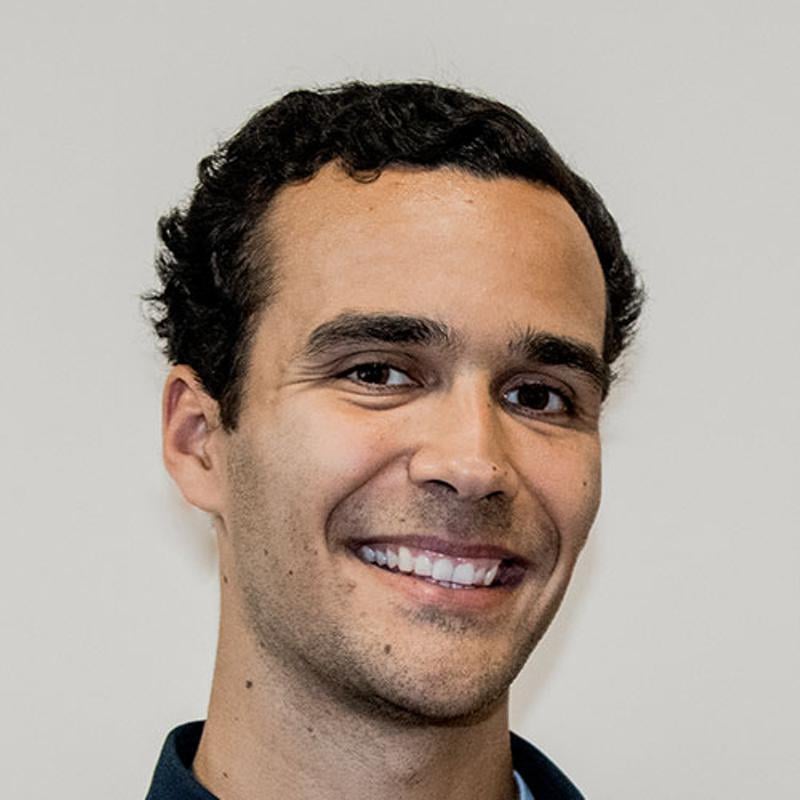British Columbia is investing $2 million towards the development of a new suicide and self-harm training system for health-care workers in the province.
Minister of Mental Health and Addictions Sheila Malcolmson announced in a press conference Sept. 22 that the funding will improve care for people in mental health crisis experiencing thoughts of suicide and self-harm.
Specific health jurisdictions in B.C. will also be allowed to receive funding to address gaps in care for people who may be suicidal in their region.
“We’re supporting health professionals so they have the tools they need to provide the best possible care for people,” Malcolmson said, while standing in front of Victoria’s Royal Jubilee Hospital.
The new framework will create provincewide standards on how to help people who may be suicidal.
It will be based on internationally recognized practices — such as standardized intake screening and followup care — as well as local clinic knowledge and the perspectives of people with lived mental experiences of mental illness.
“Research shows that discharge from psychiatric inpatient care is a period of high risk for suicide. That’s why we’re bringing together best practices, screening assessments and other resources to care settings like emergency departments like right here,” Malcolmson said.
At the press conference, Island Health board chair Leah Hollins said that suicide is a complex and devastating issue without a “one size fits all treatment.”
However, she said that by updating suicide risk management procedures, educational resources and electronic health records, health-care professionals will be better suited to help those in need.
“We recognize the incredibly challenging and complex nature of providing care to those experiencing a mental health crisis,” Hollins said.
“This is a challenge being faced in all our communities,” Hollins continued. “Over the coming weeks and months, Island Health has committed to working hard to implement the various priorities I have outlined.”
A cultural shift
The Canadian Mental Health Association’s B.C. division is taking a lead role on implementing the new framework with health authorities. Their aim is to improve the quality of care for people in suicidal crisis.
The CMHA’s CEO, Jonathan Morris, said work on B.C.’s new framework has been inspired by a global toolkit called Zero Suicide. It has been adopted by various health organizations in the U.S.
Zero Suicide is an online resource that was created about 10 years ago to give health-care professionals tools on how to help people who may have suicidal thoughts.
The model has seven core principles that its creators have deemed necessary for health-care systems to change suicide care, including leading system-wide culture change and training a competent, caring workforce. It has led to positive results in some communities — in 2020, for example, New Hampshire’s Mental Health Center of Greater Manchester saw a 44 per cent decrease in suicide deaths after training their staff and screening all of their clients.
In B.C., the goal is to create a similar system that relies less on individual doctors and nurses making decisions, and more on building a culture where people can feel safe to talk about suicide in a non-judgmental space.
“What this is about is not making this a ticky box exercise, where, ‘I’ve ticked the box, I’ve asked,’ but equipping [health-care providers] people to ask, ‘Are you thinking about suicide,’” Morris said.
“We often don’t shine a light on that, but it’s really [about] shifting the conversation about suicide in those key points of care like the ER.”
Finally addressing a complex need
When Stacy Ashton was completing her master’s degree in counselling from Simon Fraser University in the 1990s, she was a suicide crisis line volunteer at the Crisis Intervention and Suicide Prevention Centre of BC (known locally as the BC Crisis Centre). It was there, she said, that she acquired foundational knowledge about suicide intervention.
Now, as the executive director of the BC Crisis Centre, Ashton applauded the government’s funding announcement.
“It’s surprising still that most professional roles don’t get trained in how to work with folks who are suicidal,” Ashton said. “Nurses don’t necessarily learn a lot. It’s a unit then it’s gone, so there’s not a lot of practical knowledge out there.”
Currently, Ashton said, health care tends to treat suicide as a symptom of anxiety or depression.
But she says that only half of people who die by suicide have a diagnosable psychiatric illness. By looking at suicide as its own symptom, she said, a professional can look at a variety of different ways to help an individual who is struggling.
“You kind of have this reinforcing problem where if somebody is feeling suicidal and they need support, the health-care team is going to have to label that as depression or anxiety in order to make it real, whether or not that’s the case,” Ashton said.
“I might have a fever, and maybe my fever is the flu, maybe it’s pneumonia. It’s important to know what it is, but I’m going to treat the fever.”
‘We want to do more than contain people’
Plans to design a specific suicide framework for mental health professionals comes five months after former attorney general David Eby announced that the province would overhaul its controversial Mental Health Act.
Kyle Fawkes and his family are among the many mental health advocates putting pressure on the provincial government to change the Mental Health Act. His father, Glen Fawkes, died by suicide 19 days after being discharged from Royal Jubilee Hospital in October 2020.
"For months, we were desperate to connect my dad with vital and necessary mental health supports. Despite our best efforts, we turned up with nothing. No one seemed to take our concerns seriously as we left emergency rooms and doctors’ offices feeling disheartened and terrified for his health," Fawkes wrote in The Tyee on Friday, Sept. 22. “Two years later, we look to policy-makers for help.”
Fawkes noted that the Mental Health Act continues to face scrutiny from human rights advocates, people whose loved ones have been detained under the act and leaders in the nursing education community for its widely critiqued approaches to mental health treatment, namely the powers it grants physicians to detain people in hospital against their will.
In 2017, a report by the Community Legal Assistance Society of B.C. called the province’s Mental Health Act the "most regressive jurisdiction in Canada" for mental health detention and involuntary psychiatric treatment.
In a report provided to The Tyee last year, nearly 20,000 people were admitted to B.C. hospitals for treatment against their will from April 2020 to March 2021 — a number that doubled over 14 years.
The province announced legislation to create an independent service that will advise people on their rights if they’re involuntarily detained. A broader review of that act is slated to include the ministries of health and mental health and additions.
“Anytime that the government is stepping in, and essentially taking over control of some aspect of some person’s life, we’re doing a review of those processes and that legislation because it’s very dated,” former attorney general David Eby told The Tyee in April.
The Canadian Mental Health Association’s Jonathan Morris believes that the new framework will be designed to help people who are often subjected to the Mental Health Act.
“We want to do more than contain people,” Morris said. “We want to support them with caring, evidence-based and effective interventions to support them.”
What’s needed: ‘quality improvements’
The new funding comes at a time when suicide deaths are down in B.C.
The BC Coroner’s Service reported that there were 582 suicide deaths investigated in B.C. in 2021, compared to 597 in 2020 and 634 in 2019.
However, Stacy Ashton of the BC Crisis Centre noted that number isn’t the best indicator that mental health and suicide problems have vanished.
During the COVID-19 pandemic, the BC Crisis Centre saw a 90 per cent increase in demand compared to pre-pandemic levels. Specifically, calls were 48 per cent higher on their provincewide phone number, 1-800-SUICIDE.
“B.C. will not emerge from its mental health crisis without supporting collaborative, community-led care that offers upstream interventions, and, when necessary, a more respectful and co-ordinated transition to involuntary treatment,” Fawkes wrote in The Tyee.
Moving forward with the new provincial funding, Ashton hopes work will be done to ensure the framework is flexible.
Particularly to help people who are having thoughts of suicide, rather than simply putting them in a box and saying they’re at “low risk, medium risk or high risk” of suicide.
“If you have a different understanding of what people are actually experiencing, you can be a lot more compassionate and pragmatic about how you treat it,” Ashton said.
“If you think of it as a fever.... Let’s think about how we're going to bring your fever down. If that means we’re going to get you in an ice bath, we’re going to do that. We’re going to get you some ibuprofen, we’re going to do that.”
Morris added that work is already being done by the five regional health authorities across the province to implement new suicide training tools.
While that is a good start, in the future he would like to see the plan workshopped in collaboration with wider health organizations like the Provincial Health Services Authority and First Nations Health Authority.
“My hope is that we build a movement around this,” Morris said.
“We secure widespread embrace of driving quality improvements in mental health care.” ![]()
Read more: Health, Rights + Justice, BC Politics
















Tyee Commenting Guidelines
Comments that violate guidelines risk being deleted, and violations may result in a temporary or permanent user ban. Maintain the spirit of good conversation to stay in the discussion.
*Please note The Tyee is not a forum for spreading misinformation about COVID-19, denying its existence or minimizing its risk to public health.
Do:
Do not: